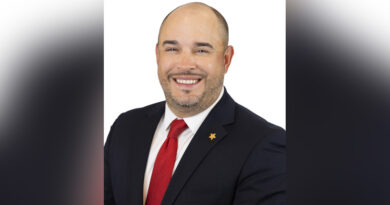Make Stress a Positive Part of School
What is the universal student experience? It’s not football games or learning how to drive — it’s stress.
However, stress receives an overly negative reputation. In moderate amounts, it can motivate students to achieve their goals and reach their full potential. These benefits only begin to wane when the anxiety reaches an unhealthy level.
“Too little stress can lead to underperformance, but too much can be impairing,” Nicholas Westers, a clinical psychologist at Children’s Health and an Associate Professor at UT Southwestern Medical Center, said.
This range can be represented by the Yerkes Dodson Law, which models the relationship between stress and performance on a bell curve.

Students can determine whether their stress is reaching unhealthy and unsustainable levels based on their body’s physical indications. Extreme stress leads to significant changes in sleep, appetite, and energy levels. When faced with these signs, parents should help their children seek medical attention.
Families play a pivotal role in either ameliorating or aggravating their children’s stress. Parental figures should assist their students in establishing healthy sleep routines, especially as the school year comes closer. However, even something as small as parents properly dealing with their own stress can improve their children’s relationship with anxiety.
“A lot of times, parents try to hide their anxiety, but we know from research that children and adolescents can pick up on and are affected by their parents’ stress,” Westers said. “So, the best thing parents can do is verbalize and model how to approach or handle these emotions.”
Once the school year starts, parents can mitigate school related stress by hosting fun celebrations or movie nights and reminding their students that they don’t always have to be perfect — one bad grade doesn’t define their school year.
Parents seeing their kids worry over their return to school should be supportive and encouraging without being overly concerned.
“In a lot of cases, anxiety is a normal and healthy thing,” Westers said. “And kids are oftentimes stronger than parents realize.”









